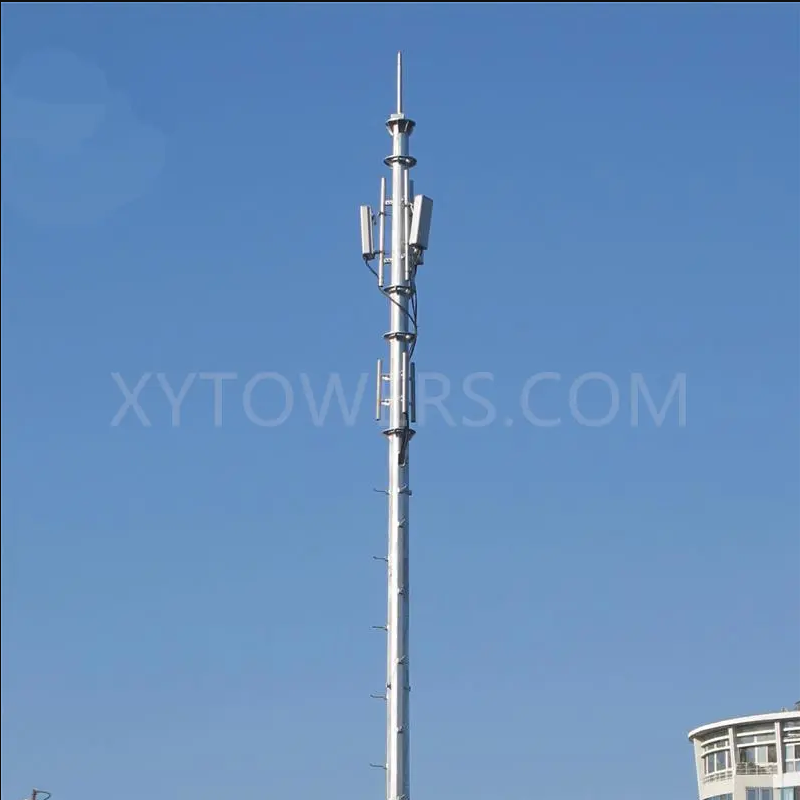In recent years, the telecommunication industry has witnessed a revolutionary transformation with the widespread adoption of Monopoles. These towering structures have become an integral part of the industry, offering unparalleled benefits in terms of signal transmission, network coverage, and infrastructure deployment.
The emergence of Monopoles, also known as Telecom Monopoles or Signal Pipe Towers, has significantly reshaped the landscape of the telecommunication sector. These structures, typically constructed from steel or tubular poles, have become the go-to solution for supporting wireless communication equipment, antennas, and other essential components. Their sleek and space-efficient design makes them ideal for urban environments, where traditional lattice towers or guyed masts may not be feasible.
Wifi Poles, Utility Poles, and Tube Steel Towers are being gradually replaced by Monopoles due to their numerous advantages. These include their ability to accommodate multiple carriers on a single structure, their aesthetic appeal, and their ease of installation. Moreover, Monopoles offer enhanced structural stability and can withstand extreme weather conditions, making them a reliable choice for long-term infrastructure deployment.
The deployment of Monopoles has had a profound impact on network performance and coverage. By strategically locating these structures, telecommunication companies have been able to optimize signal propagation, minimize interference, and improve overall network reliability. This has led to a significant enhancement in the quality of wireless communication services, benefiting both consumers and businesses.
As the demand for seamless connectivity continues to grow, the telecommunication industry is witnessing ongoing innovations in Monopole technology. Advanced materials, such as composite poles, are being explored to further improve the structural integrity and longevity of these towers. Additionally, the integration of smart technologies, such as IoT sensors and energy-efficient solutions, is poised to make Monopoles even more versatile and sustainable.
In conclusion, the widespread adoption of Monopoles in the telecommunication industry represents a pivotal advancement that has redefined the way wireless communication infrastructure is deployed and managed. With their unparalleled benefits and continuous innovation, Monopoles are set to play a central role in shaping the future of connectivity and network performance.



Post time: Jun-05-2024





